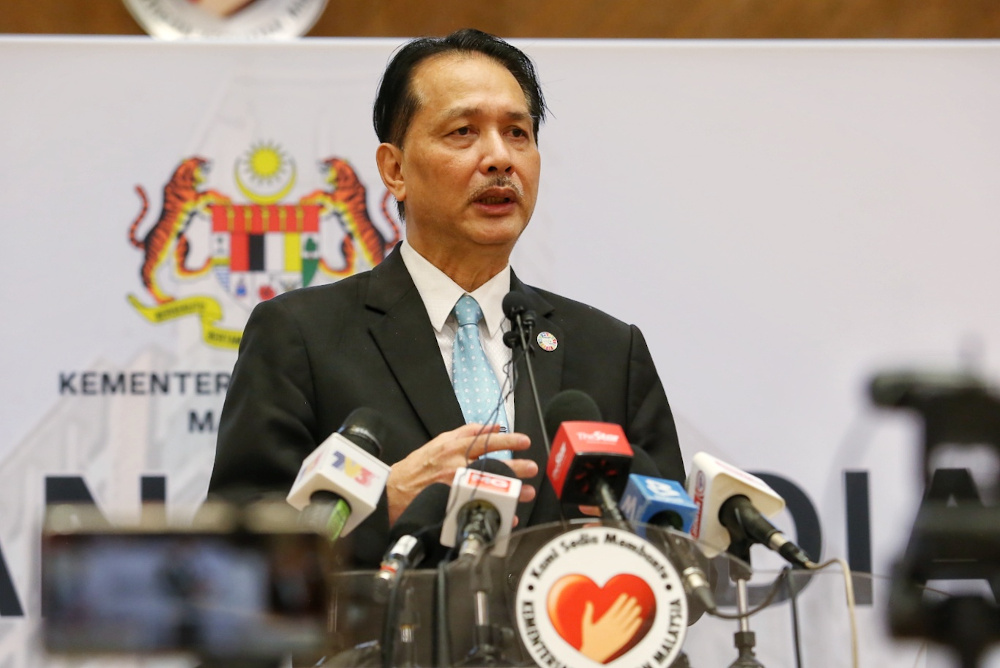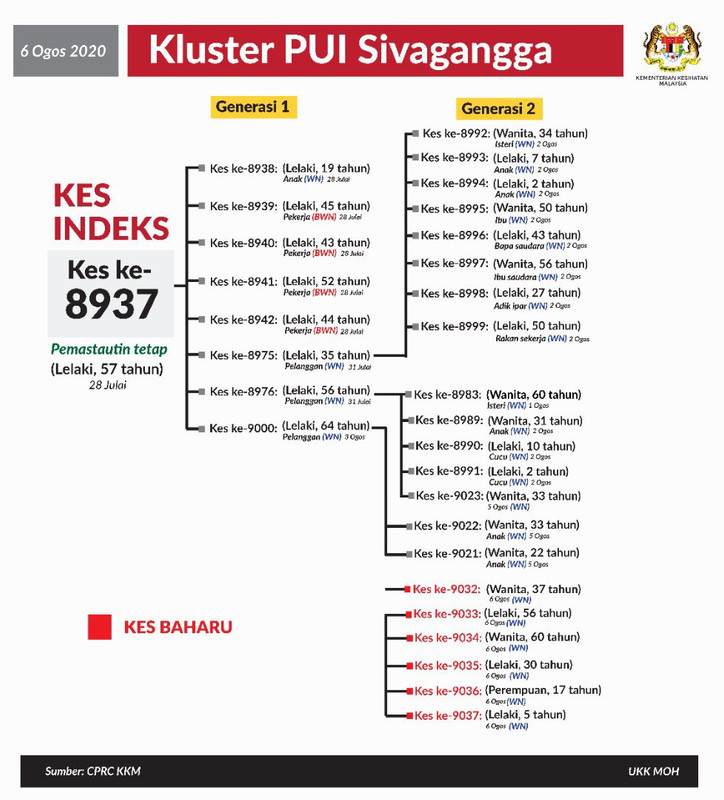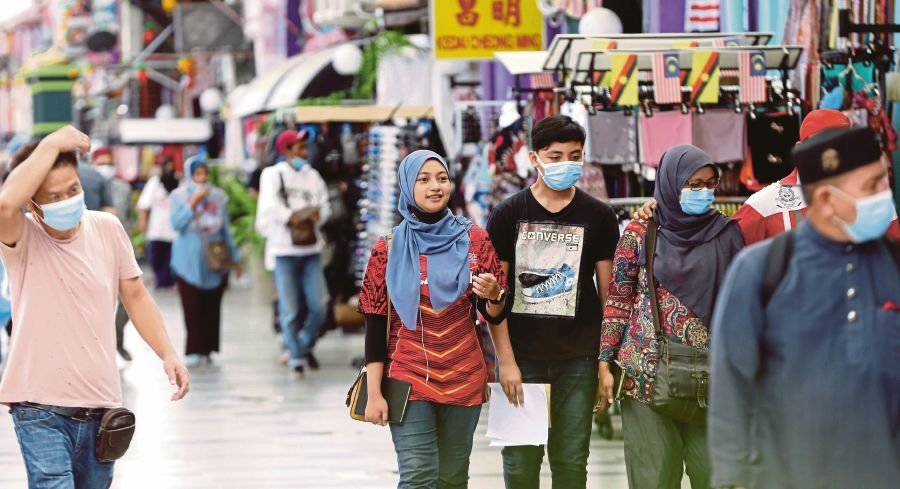COVID-19 Cluster In Kedah Possibly Caused By Super-Spreader Strain Imported From Egypt
The Kedah cluster has a faster rate of transmission compared with nine other clusters in other states.
There is a possibility that the Sivaganga cluster in Kedah may be caused by a 'super-spreader' strain of the COVID-19 virus, according to the Ministry of Health (MOH)
In the COVID-19 update on Thursday, 6 August, Health director-general Datuk Dr Noor Hisham Abdullah said the Kedah cluster has a faster rate of transmission compared with nine other clusters in other states.
"We were informed of a super-spreader coronavirus strain that originated from countries such as Egypt," he said.
"We have to test the sample in the labs and see the genomic sequence of the virus."
"At present, studies are being carried out to see if it is a 'Genome 164' cluster, which is a super-spreader cluster," said the Health D-G.
A total of 15 new COVID-19 cases in Malaysia were recorded on Thursday, bringing the country's total to 9,038
Of the 15 new cases, 10 were local cases while the rest were imported.
"From the 10 local cases, six were linked to the Sivaganga cluster, while two cases were found in Negeri Sembilan, one in Kuala Lumpur, and one in Labuan," announced Dr Noor Hisham.
These latest cases are all second-generation infections, bringing the number of COVID-19 patients in the Sivaganga cluster to 30 since the index case - who violated home quarantine after returning from India - tested positive on 28 July.
Dr Noor Hisham explained that the new cases were discovered by authorities following active case detection from the cluster
A family of five were found positive after having a history of visiting the areas which are now under Targeted Enhanced Movement Control Order (TEMCO) in Kedah.
Meanwhile, the sixth case is a close contact of a customer who went to the nasi kandar eatery involved in the cluster. He started having breathing difficulties on 2 August and was hospitalised on 5 August.
All the cases have been admitted to Sultanah Bahiyah Hospital in Alor Setar for treatment.
The MOH is still focusing on targeted screening of the Sivaganga cluster as well as the Ulu Tiram cluster in Johor
A total of 2,351 people in Kedah have been screened, while 135 people have been screened in the cluster tied to a Roman Catholic church in Johor.
With that said, Dr Noor Hisham still assured that the COVID-19 situation in Malaysia was under control as the virus' effective reproduction rate (rT) as of Thursday stood at 0.58.
"At present, it is under control and there would only be a rise in infections only if the rT reached 1.6," he said.
Keep practising social distancing and wash your hands often. Watch the latest update on the COVID-19 situation:


